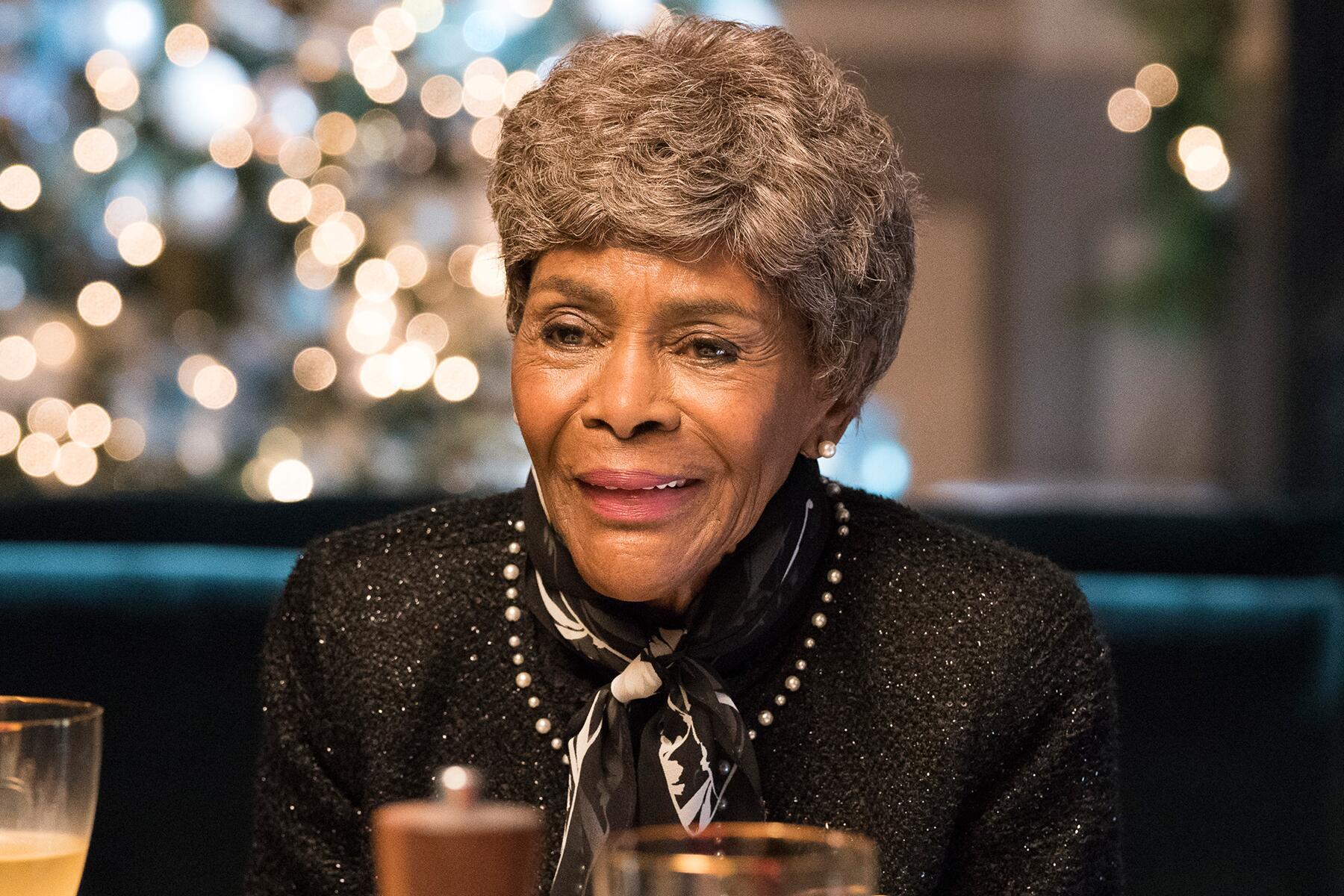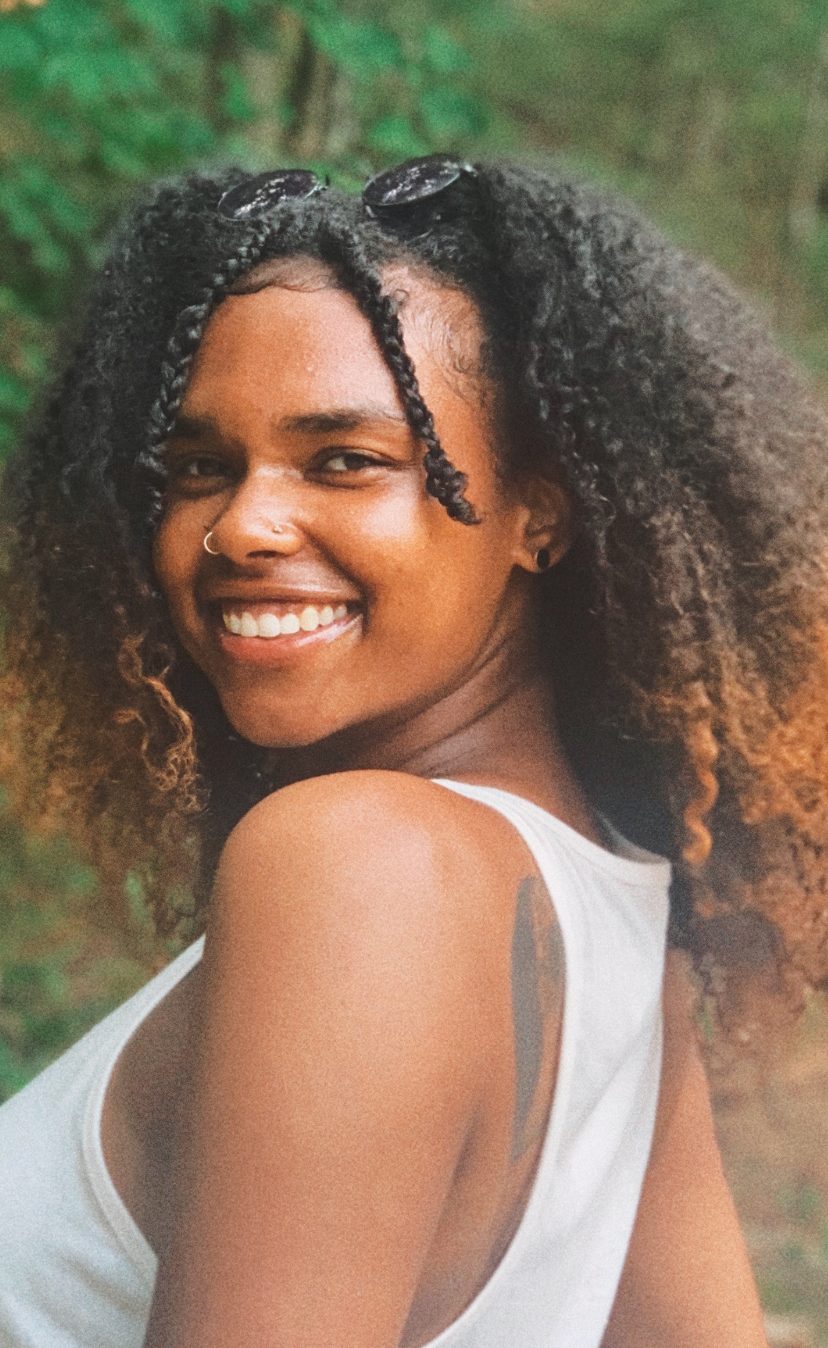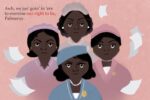When asked for advice on living a full life in an interview with David Marchese of The New York Times, Cicely Tyson simply answered, “… To thine own self be true.” The interview was exactly 18 days before the world was caught by surprise by the passing of the extraordinaire at the glorious age of 96. Just two days before, Tyson released a reflection of her life in the form of a memoir titled “Just As I Am.” Within the piece, the trailblazer breaks up her life into three parts:
“PLANTED”
The first portion of Tyson’s memoir begins with the icon in the ground as a seed surrounded by the depths of brown where she was “PLANTED.” It discusses Tyson’s experience growing up with young West Indian parents in New York and how that affected her youth.
“ROOTING”
Moving on, the second section of the memoir leads us to the “ROOTING” of her phenomenal achievements that began with her successful modeling career after her discovery by an Ebony Magazine photographer in 1951. This later resulted in Tyson appearing in small television and film roles such as “Frontiers of Faith” and “Carib Gold” that would propel her toward her first stage appearance in Broadway and many more theater productions all the way up into her prime: a butterfly dipped in golden-brown bursting into the cinematic light.
“BOUNTIFUL”
Lastly, “BOUNTIFUL” recounts the lessons learned and the seasons well spent drenched in the richness and beauty of her Blackness and boldness that honors who she was and is, in this lifetime and the next.
“It is me, plain and unvarnished, with the glitter and garland set aside,” Tyson explained while describing her memoir. “In these pages, I am indeed Cicely, the actress who has been blessed to grace the stage and screen for six decades. Yet I am also … a woman who has hurt as immeasurably as I have loved, a child of God divinely guided by His hand. And here in my ninth decade, I am a woman who, at long last, has something meaningful to say.”
The Legacy of Cicely Tyson
Something meaningful indeed being left behind by someone with such grandeur is more than a mere parting gift, but a guiding compass for aspiring actors and actresses who want to allocate themselves toward the pleasures of emerging, embarking and embracing their craft — their purpose.
During a 2015 interview, Tyson recounted finding strength in acting: “When I found I could speak through somebody else, that I could express my emotions, that’s what hooked me. Once I was allowed the expression, the release of my emotions, then I felt like I was a person.”
The East Harlem native became known over the decades for her many portrayals of powerful Black women, young and old, that birth, raise and influence the Black community. Women like the vanguard’s character in “Roots,” where she depicts Binta, the mother of Kunta, a slave during the 1750s.
Or in the 1972 film “Sounder,” where she embodies a matriarch from a Black sharecropper’s family. In an interview with Viola Davis for Elle Magazine, Tyson explained that “[Sounder] was, for me, the first acknowledgment that I could do something that would move people.”
And let’s not forget about “The Autobiography of Miss Jane Pittman,” which earned Tyson her first Primetime Emmy Award. “I was scared to death — I knew there were some aspects of that woman’s life that I could probably handle, but there were others that I didn’t know,” Tyson continued in her interview with Elle Magazine. “So, I called the producers, and I said, I want to visit an elders’ home to be among people who might have been peers of this woman. I spent a good deal of time talking to them, watching them, feeling them, hoping that I could capture their lives. I guess the rest is history.”
Her characters moved people in ways that made it okay to not only be a Black woman, but to be a Black woman known for more than the stereotypes you see depicted in movies that demean them as maids, “Mammies,” single mothers, prostitutes, drug addicts and victims — this is what made every character Tyson played relatable and remarkable. “I won’t play that kind of characterless role anymore, even if I have to go back to starving,” Tyson once told Parade magazine back in 1972.
But she wasn’t able to do this without a fight: Encountering and overcoming being Black in the entertainment industry was Tyson’s challenge. “I couldn’t be Black and not have it impact my career. I went for years not working,” she said in a 2015 interview with the LA Times. “I guess every two years maybe I’d get a role. Intermittently I’d find something to do. I just would not allow myself not to work.”
Tyson’s determination just goes to show how true to herself the electrifying star was and how no matter what, just like her characters, she would always find a way to push through with poise, poignancy and perseverance. And we see these attributes in supporting roles in movies like “The Help,” “Why Did I Get Married Too?,” “Because of Winn-Dixie” and “Madea’s Family Reunion” — a pattern that commemorates how dedicated she was to standing by her beliefs on the type of women she wanted to project.
During her time graced upon this Earth, Tyson has won an impressive total of 25 awards, ranging from the Academy to the NAACP Image Awards. May her legacy continue on forever.

















